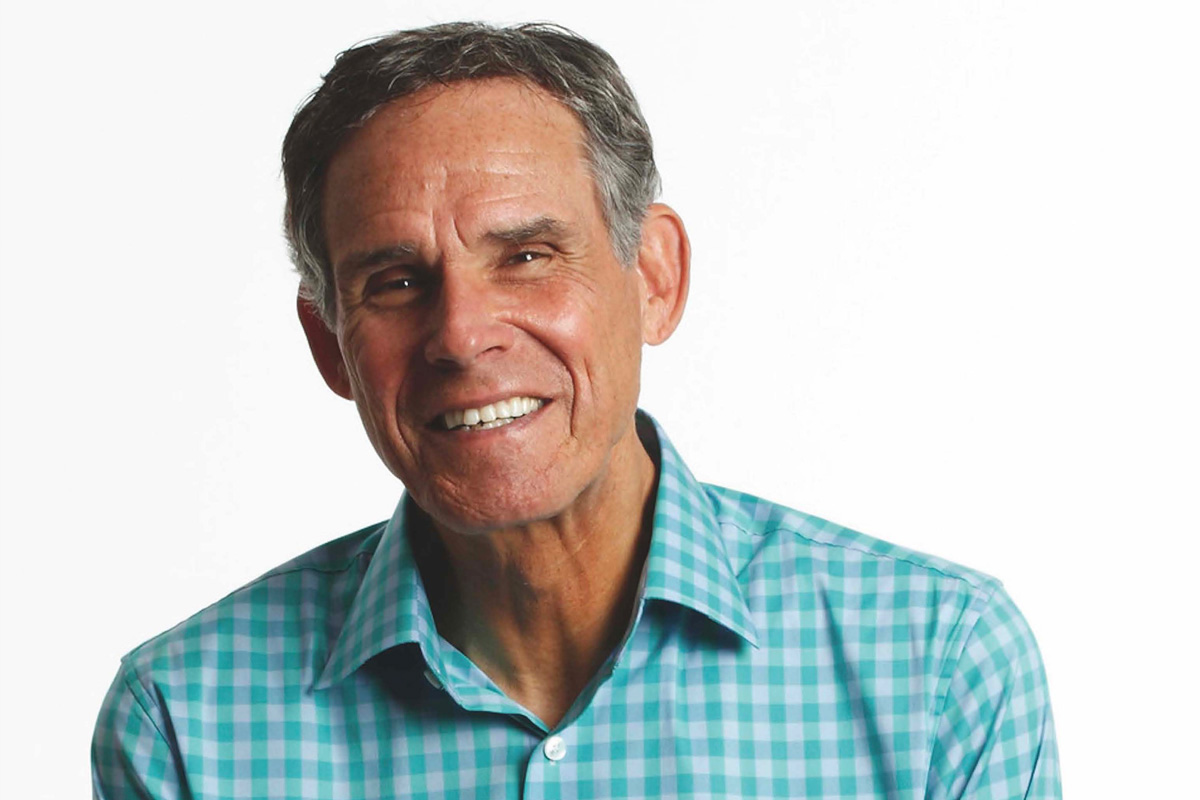Mississippians seeking additional doses of COVID-19 vaccine can now make appointments for a fourth shot, an additional measure of protection in the face of the evasive omicron variant.
The Mississippi State Department of Health announced that second booster doses of the COVID-19 vaccine are available today at all county vaccine sites across the state. Vaccine appointments are available through MSDH’s scheduling website. As of press time, numerous appointment openings are available through the rest of the week and beyond.
Currently, individuals can schedule a second booster dose exactly four months after the initial booster dose, as long as they fall into one of two categories. All adults aged 50 and older are eligible for a second booster. Anyone aged 12 or older with a compromised immune system is also eligible.
At a Friday meeting with representatives of the Mississippi State Medical Association, State Health Officer Thomas Dobbs and State Epidemiologist Paul Byers agreed that, regardless of which vaccine an individual first received, any booster dose of an mRNA shot would be the right course for eligible individuals seeking additional protection.
But parsing the difference between who is eligible for another shot and who would most benefit from one is not simple. On April 18, the Mississippi Free Press spoke with Dr. Eric Topol, founder and director of the Scripps Research Translational Institute in La Jolla, Calif., about the second booster and the uncertain future of the pandemic more broadly.
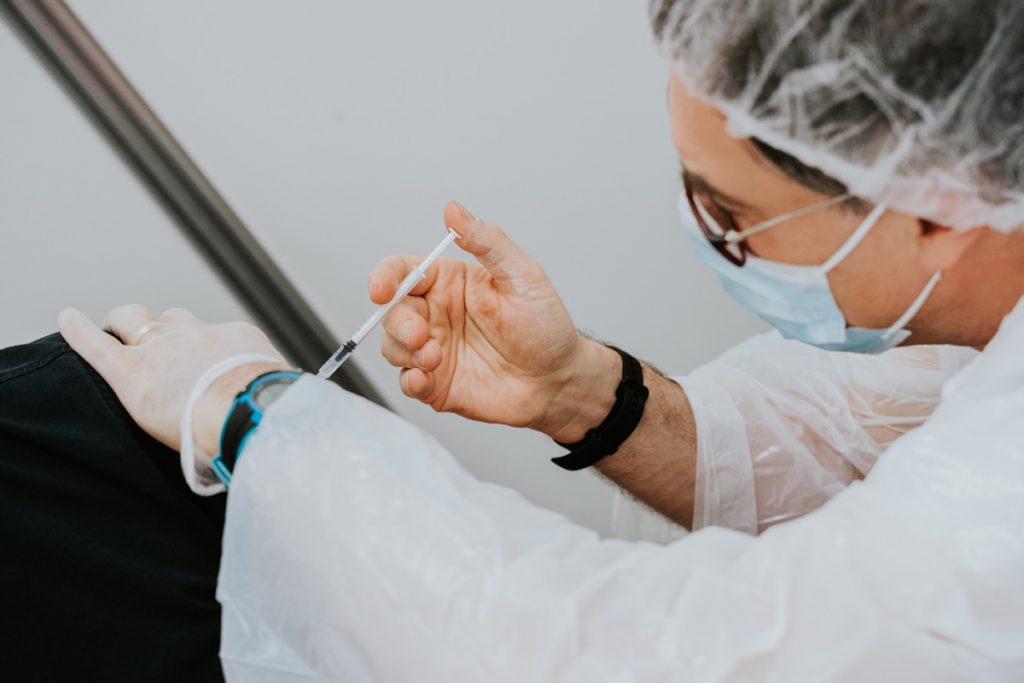
Nick Judin: Dr. Topol, the second booster dose is now available for adults over age 50, as well as everyone over the age of 12 with “weakened immune systems.” But that second category depends on self-attestation, and it isn’t always clear who qualifies. What does the data say about the second booster, and who should consider getting a fourth shot?
Eric Topol: Well, we only have data for people over age 60, in terms of outcomes. There are two studies, one in the New England Journal of Medicine last week, and one that’s a preprint.
Both show mortality reduction—out to a month or six weeks—is reduced about 75%. So those two studies in my view, (clinched) it for people over age 60. They would benefit from a second booster. Now, it’s only a temporary measure. We don’t know how long it lasts, but it looks like it’s going to be similar to the third shot in terms of severe disease protection.
It doesn’t provide durable, major help for preventing infections. It does for a matter of weeks, but then it starts to decline.
However, for helping to prevent severe disease—and remember this is four shots versus three shots, not compared to (no vaccination at all)—they’re given an extra layer of protection that’s substantial. That’s (adults aged) 60-plus.
For everybody else, we don’t have any data—it only comes from Israel. And they are, as you know, giving fourth shots quite liberally now, but they haven’t presented any data for 50-plus (adults) or immunocompromised people or anybody else.
In terms of hard data that we have today, there was a study from Erasmus, one of the leading academic centers in Europe, in the Netherlands. And they presented one of the largest studies of the immunocompromised.
Now, the most immunocompromised people are post-transplant patients. The second worst form, I’d say, are blood malignancies: lymphoma, leukemia, myeloma; that group. Erasmus studied 600 people with blood malignancies and (how they reacted to) three mRNA shots against omicron, which is certainly more challenging.
Now, this was an immune response study, examining levels of neutralizing antibodies. They weren’t following outcomes.
But rather how the body’s immune system generates protection in response to vaccine exposure.
And what they showed, which was encouraging, is that compared to healthy control groups, these people who are severely immunocompromised actually did very well with respect to generating high levels of neutralizing antibodies. That was as good as we’ve seen for the immunocompromised with three shots.
Now they also put in their discussion that these people might benefit from a fourth shot—with BA.2 and other lineages that we’re seeing that have even higher transmission over BA.2. So at least you’re at a good starting point.
My interpretation about the immunocompromised is they’re better off with a single booster than we thought. But if there’s any concern, they certainly could get a fourth shot. And that’s all we have, really; that’s the best data that’s out today.
The reason the (Food and Drug Administration) picked 50 as the age—and I discussed this with the FDA—is that Israel had already published mortality (reduction) benefits for adults age 50 and up with the third shot. Extrapolating from there … they just figured, well, let’s use this group since the fourth shot is acting a lot like the third shot for severe disease.
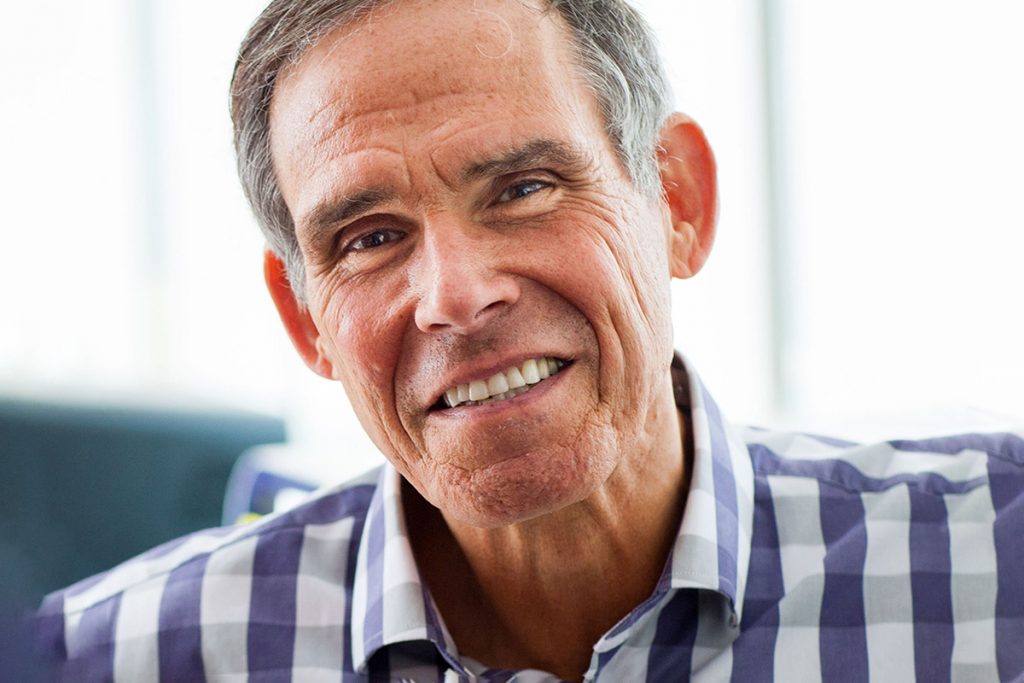
I’ve encountered some concerns about exposure to a vaccine for an older variant—the original SARS-CoV-2 virus—when what we’re currently dealing with is so different. What does the science say about “antigenic sin,” the concept that exposure to an outdated vaccine could make us less able to be vaccinated for a newer variant?
Good question.
I wrote a long Substack piece on this question. As far as this antigenic sin, this imprinting locking us in (to protection against a specific variant), there’s no evidence that this is the case. When you give the four shots, people broaden their neutralizing antibodies.
If they were locked in and imprinted to the original, they wouldn’t broaden further. So people are responding. There’s no sign of any antigenic scene or imprinting. That’s good. Otherwise we’d be much more concerned about the futility of the fourth shot. And, in fact, the reduction of death is another expression of the lack of antigenic sin.
Now, remember, the FDA gave the fourth shot as an option. They didn’t make it a strong recommendation, saying everyone should take it. The good part here is that you can decide on the timing.
Let’s say you’re a hermit in a cave (laughs). Let’s say you’re in a place in the country where things are really quiet, there’s no sign of any second omicron wave. In that case, you know, you don’t really have to get this. You can defer it. Because you’re only going to get about four months of protection from it.
Now, if you’re traveling, let’s say you’re going to D.C. right now, or Puerto Rico, (the fourth shot) might be a good idea. Especially now that they got rid of masks on airplanes. If you’re going to a place that’s hit hard, you might try to get your shot two weeks in advance.
The timing here is tricky! Because it is at the level of the individual to decide … They’re going to get some benefit if they’re over 50 or certainly if they’re over 60, and we know that there’s little risk. The issue is it doesn’t last that long. And we can’t be going on and getting fifth shots in another four months and sixth shots after that.
That’s just not going to work. I got a fourth shot. I’m in my 60s, and I feel absolutely comfortable that it was necessary. But another thing that has to be factored in is how well did you handle your third shot or your second shot? I got really sick from the second and third shots. I did not want to have a fourth. But if the trade-off was significant. I mean, my God, in the midst of the omicron wave. So prior shots (can) be factored in as well.
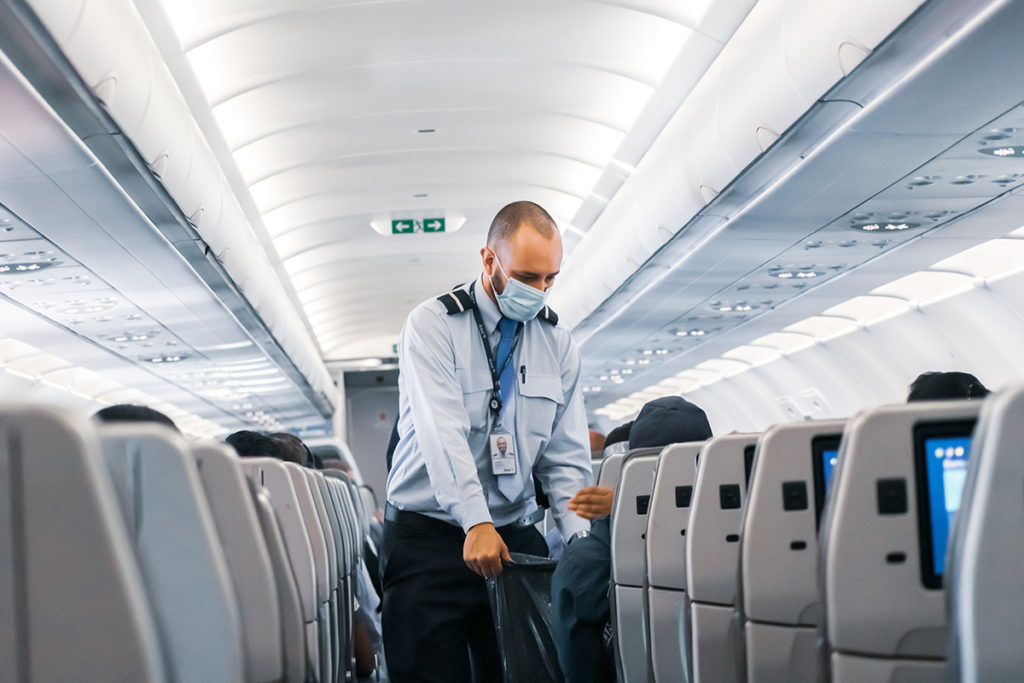
Should folks be holding out for an omicron-specific booster? Or, potentially, a pan-coronavirus vaccine we’ve discussed previously?
The omicron-specific vaccine is not going to be available till June, if it is validated to be safe and to provide a good immune response. There’ve been animal studies in primates and in mice, and it doesn’t look like there’s really any big bang there.
The other thing is it’s not clear that the omicron shot is going to be available as a booster. If and when it does get through an (emergency use authorization) in June, which is the best-case scenario timewise, it may only be for a primary vaccination.
I would not hold out for the omicron-specific vaccine. At the moment, it might turn out to be OK, it might be a booster, it might be here, but if you are making a decision, I wouldn’t want to count on that.
The pan-β-coronavirus vaccine is what we really need. That’s what would get us out of this four-month (boost) problem. We’re not moving on that nearly enough. We need to push on that much harder. Additional resources (for its development) were part of the Biden package that has no funding. So I don’t know. There is some (National Institutes of Health) support for it, but it’s not getting the priority it deserves. It’s doable. It will help us a lot.
Otherwise, you know, we need to have Paxlovid everywhere. And that’s not the case now. We just can’t keep going with this four-month program.
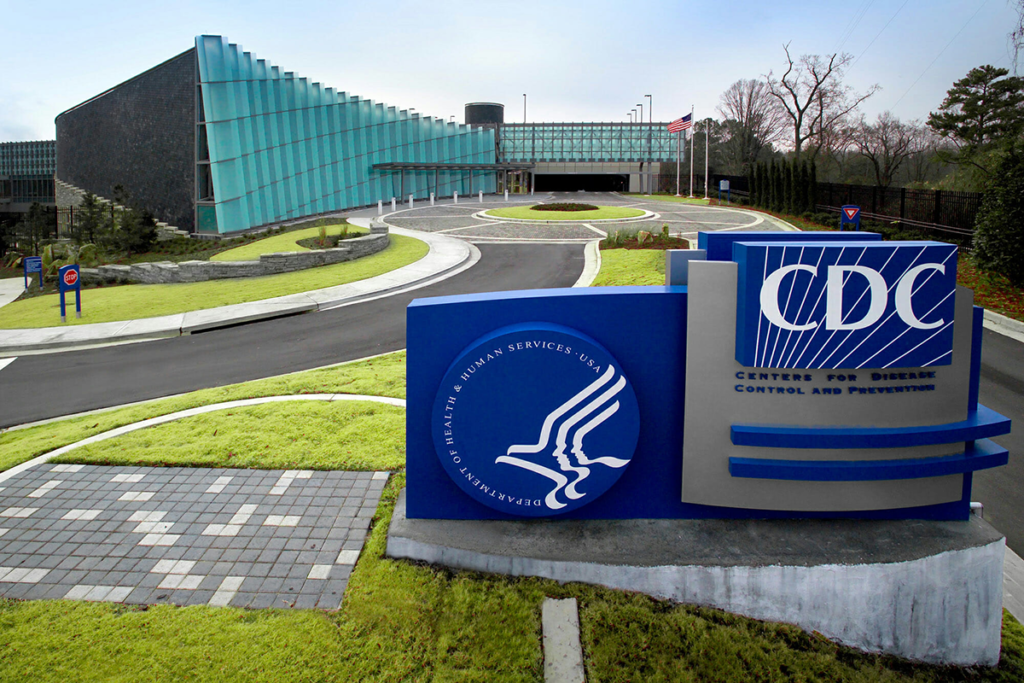
In some ways, this feels like one of the more rudderless moments in the pandemic. What comes next is not clear—there’s no specific goal that we’re striving towards.
Yeah. Especially when a judge, you know, who was deemed unqualified, makes a decision for the whole country about masks (on planes). It’s not just rudderless, it’s chaotic.
I do think that the FDA could have been stronger about people over age 60 getting a fourth shot … when you have big studies in hundreds of thousands of people, and you have mortality reduction on top of the third shot.
Right now we’re trying to just bridge the gap to the next four to six months. That’s that rudderlessness. We’re leaving it open at the individual level for everything now. We’re absolving ourselves as a country. Do what you want. You want to wear a mask on a plane? You can, but the rest of the people, who knows?
And you know, this has already happened. In August last year, Biden said all adults are going to get a booster. And then every few days it changed. Well, maybe not. Maybe certain age groups, maybe certain vaccine series. I mean, it was just as chaotic and rudderless then. And what happened was that it took from that announcement in August until the end of November before the (Centers for Disease Control) finally said that everyone over 18 should get a booster.
It was completely botched! Think about when the isolation guidelines were changed. Five days? You’re feeling OK? Go ahead! Not even a test! So we have been rudderless for a long time. We’re just getting more rudderless.
This is a question I’ve been meaning to ask you. Examining the full scope of its errors over the course of the pandemic, has the CDC failed as an institution?
Well, as you know, they’re going through an external review, and that’s going to be a report for us coming soon.
My understanding is that it’s not going to be pretty. They have been a part of the chaos and confusion. They’re supposed to be evidence-based, and they haven’t been. A lot of smart people are out here, whether they be journalists or in the medical space, that can pick up quickly that the data and evidence don’t align with what they’re telling us.
This happened with the isolation guideline. It happened with the boosters. It’s really unfortunate. The CDC’s guidance issues have, from the beginning of the pandemic, been problematic. They ideally would have stepped up and given us great direction and momentum, helped guide us through. This is their charge. But unfortunately that hasn’t been the case.
So we’ll get this review soon. I don’t think it’s going to be very favorable. You know, they were going to reassess this mask travel thing in a few weeks. It would’ve been a good idea, maybe by then we’d have a better readout on (omicron sublineages). But then they get pre-empted by this judge that was deemed unqualified.
It’s just incredible. So for that one you can’t really blame the CDC. They actually had a reasonable plan. And then they got—I don’t want to use the word trumped, but that’s kinda what happened.
This interview has been edited and condensed for clarity.

